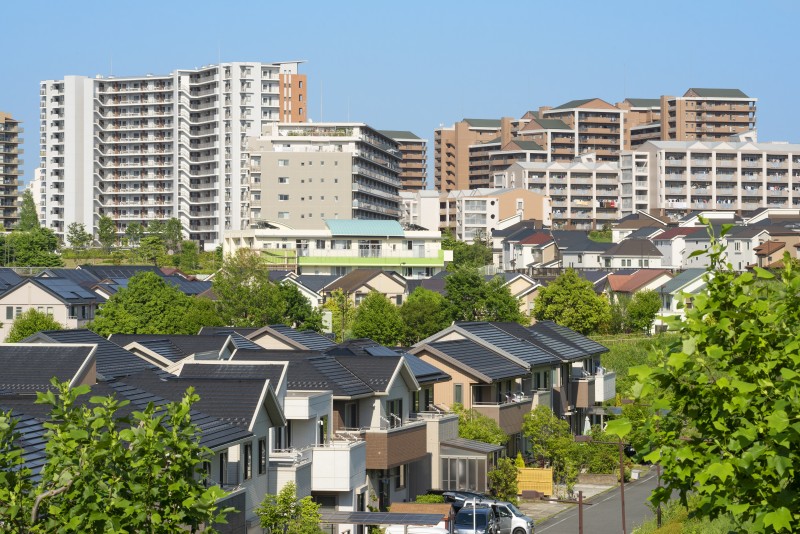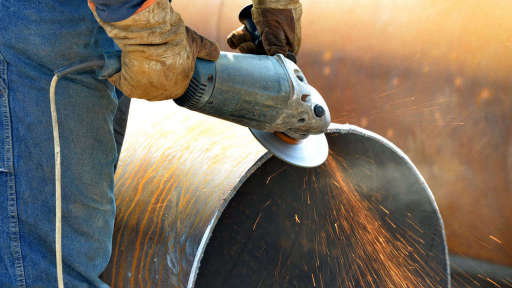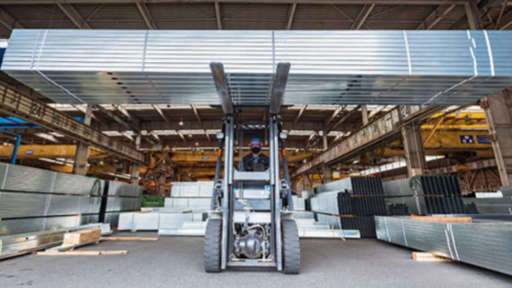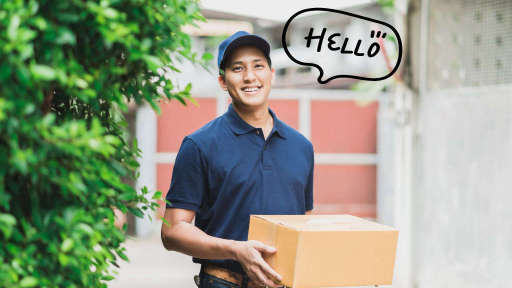During your stay(入居中の留意点)
You should make sure you understand the details of your lease and ask someone from management ahead of time if anything is unclear.
Paying rent and maintenance/management fees(家賃・共益費(管理費)の支払い)
The amount, method (bank transfer to a specified account, direct payment to the landlord, etc.), and deadline for payment of rent and maintenance fees should all be predetermined by your lease. Be sure to follow these guidelines.
If you don’t pay your rent and/or other fees on time, you will receive an overdue notice from management and you risk termination of your lease.
Property and facilities usage guidelines(部屋使用の規則)
There are predetermined guidelines for the proper usage of your property and the facilities. If you break something as a result of ignoring these guidelines, you will be responsible for any repair fees and risk termination of your lease.
Read over your lease contract, the new tenant information, and any other relevant documents to familiarize yourself with these guidelines.
Etiquette and general guidelines for daily life(生活ルール)
Keep in mind that things like loud noise and odors caused by certain lifestyles or habits can be a burden on your neighbors.
There are also guidelines for how to separate your garbage, where to dispose of it, where to park your bicycle, etc. Read over your lease contract, the new tenant information, and any other relevant documents to familiarize yourself with these guidelines and ensure that you don’t cause any issues with those around you.
Noise levels(生活騒音の注意)
Inappropriate noise levels often cause issues. As a general rule, you should avoid making any particularly loud noise before 8am in the morning and after 10pm at night.
Trash guidelines(ゴミの出し方)
Guidelines for disposing of waste are predetermined by the municipality you live in. This includes specific dates, times, and methods of collection that vary by waste type.
Be sure to familiarize yourself with these guidelines when you move in. If you fail to follow these guidelines your waste will go uncollected, often leading to trouble.
In the kitchen(台所)
When cooking, be sure to use the ventilation fan to help keep your living space odor free.
When frying foods and cooking with oils, in particular, it’s easy to cause oil stains on the sink or walls if you’re not careful. You should never wash cooking oil, food scraps, or other kitchen waste directly down the kitchen sink drain.
This can lead to a clogged drain and water blockages, which can result in water leaks and foul odors.
Bath/shower and toilet areas(シャワー・トイレ)
The bathing area is a prime spot for mold growth, so be sure to keep it clean and well ventilated. Keep the toilet area tidy and clean as well.
Never flush anything other than toilet paper down the toilet. This can lead to a clogged toilet and overflowing, which can result in water leaks and foul odors.
Common areas such as corridors and stairways(共用スペース・廊下・階段)
Corridors and stairways that are located outside of your rented property and shared by all tenants are called common areas.
Never leave your personal belongings or trash in these areas as they also function as evacuation routes during emergencies such as earthquakes or fires.
Also, it’s always a good idea to greet your neighbors when you see them in these common areas.
Balcony(ベランダ)
Balconies function as an escape/evacuation route during emergencies. Do not place anything in front of the divider between your balcony and the balcony next door.
Smoking(喫煙)
Unless explicitly prohibited, smoking inside of a property is allowed, but keep in mind that it may cause tobacco stains on the walls or ceilings which can result in additional cleaning fees that you may be responsible for.
Avoid smoking in common areas such as corridors and stairways, and always make sure to properly put out and dispose of cigarettes.
Vehicle and bicycle parking(駐車場・駐輪場)
If you own a vehicle you will need to rent a parking space. Parking on the streets is not permitted.
Most parking spaces are not free. You should never park in a space other than the space you are renting, even if it is unoccupied.
Bicycles and motorcycles should also be properly stored in the bicycle parking area or other specified area.
Living with others without permission(かってに友人などと一緒に住ではいけません)
You are not allowed to live with other people including friends and acquaintances at the property you are renting without permission.
This type of arrangement may be forbidden by the lease contract. If you are considering having someone live with you at the property, you should discuss it with someone at management before taking any action.
Pet(ペット)
Although it may depend on the type of pet, pets are prohibited as a general rule. Check with someone from management for details.
Even if pets are allowed at the property, note that there are usually guidelines regarding the type of pet and size, as well as rules to follow when taking your pet into common areas.
Issues with other tenants(周りの人とトラブルになってしまったとき)
If you have any issues with other tenants, such as neighbors being too noisy, you should discuss it with someone at management.
Don’t try to handle the issue by speaking directly to the tenant you are having problems with. You should always contact management and have them handle the issue on your behalf.
Going away for extended periods of time(長期間不在とする時)
You should let someone at management know ahead of time when you are planning to be away for an extended period of time, such as during a visit back home.
Going away without letting anyone know can lead to serious trouble should some kind of issue arise in your absence.
Moving out before a lease has ended(契約期間で引っ越したい時)
If you decide that you want to terminate your current lease contract early to move to another property, you will need to contact management in advance (usually at least one month in advance) and follow the proper procedures.
















